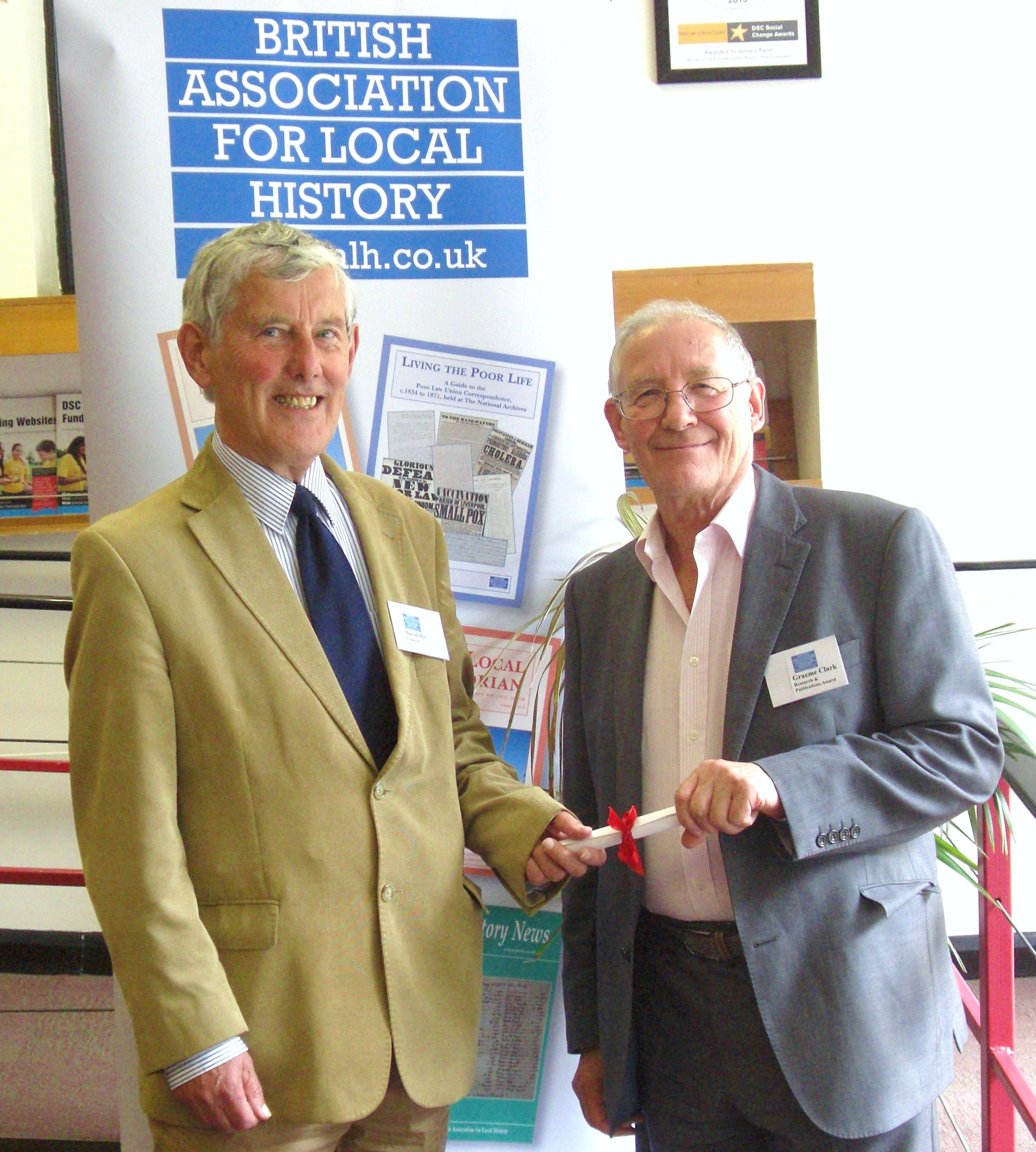A Black Isle historian has been presented with the British Association for Local history award for the best short research article.
Selected from more than 1000 articles published in UK history journals and magazines in 2013, the article Black Isle School Log Books 1875 – 1919 was published in Scottish Local History.
Dr Graham Clark, who is an active member of North Kessock and District Local History Society, used statistical methods to analyse the incidence of childhood diseases across the Black Isle during the period 1875-1919 and to understand how they were transmitted between the villages.
This showed that the most prevalent diseases during the 44 year span of the study were measles, whooping cough and influenza which collectively accounted for more than one half of reported illness.
Chairman of the history society, Fred Fraser, said: “It is a great honour for such a prestigious award to be made to one of our local historians.
“I congratulate Graham on winning national recognition for his research.”
The article concludes with a survey of other causes of pupil absence and school closures: national events and holidays; local markets and fairs; local holidays; farm work; and religious ceremonies.
Dr Clark received the award at a prestigious ceremony in London recently.
The British Association for Local History will be re-publishing the article in its own journal The Local Historian, this autumn as Dr Clark’s approach has the potential to apply to local history studies across the UK.
